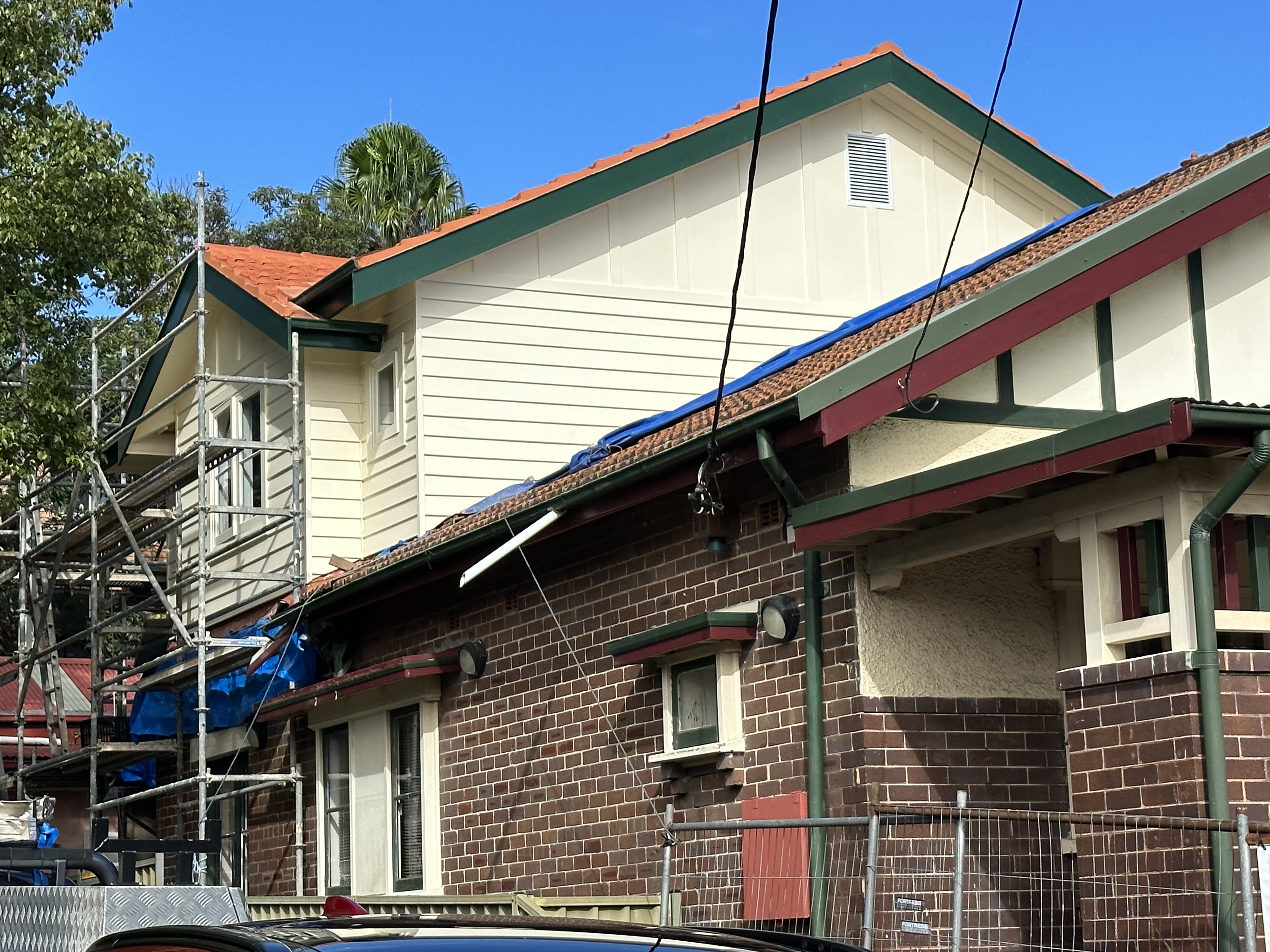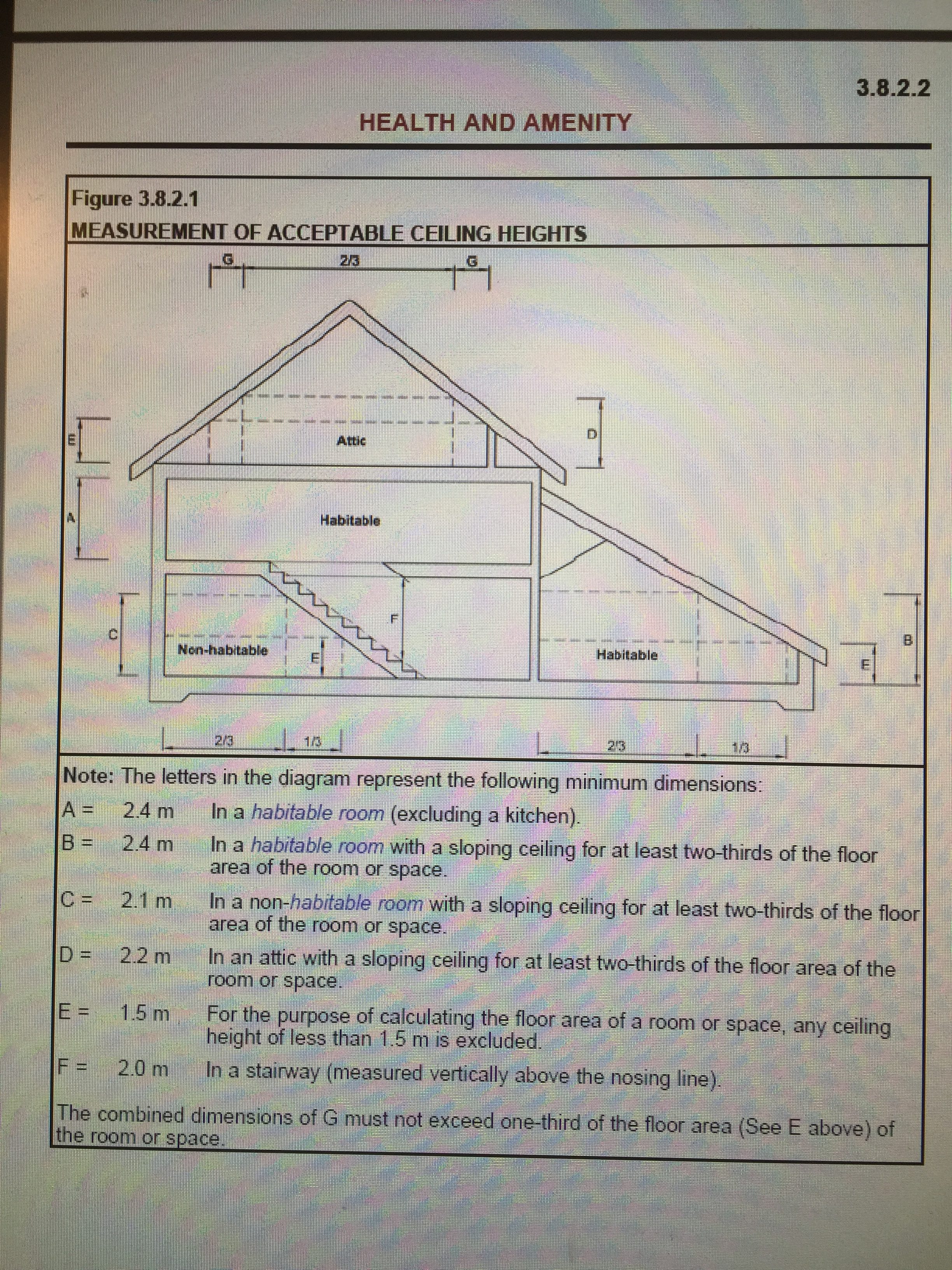Building surveyor or private building certifier or accredited certifier
Building surveyor, private building certifier or accredited certifier is essentially the same thing!
When developing or building, the property owner gets to choose whether to use a Private Certifier or not. In some cases, a development can only be approved by a local council. Once the development is approved by a council with their impositions the building work can be authorised by a Private Certifier.
Mandatory certification and inspection are required in NSW Australia for most building. This would include the assessment of detailed plans for
- an extension of a house,
- a new house,
- a new garage,
- assessment of house plans that have been approved by a local council and are ready for the issue of a construction certificate (CC),
- assessment of house plans for a complying development certificate (CDC),
- critical stage inspections during construction,
- an Occupation Certificate (OC).

Development certificates are approvals issued at certain stages of development. They confirm that a certifying authority (a Private Certifier with appropriate accreditation level) has assessed the proposed and/or completed development and is satisfied that it meets planning controls and national building standards.
As mentioned above, types of development certificates include: complying development certificates, construction certificates, compliance certificates, and occupation certificates.
Not all accredited certifiers can issue all of the above certificates or conduct mandatory inspections. Their authority to issue these certificates depends upon their level of accreditation i.e. used to be A3, A2 or A1 but is building surveyor restricted or unrestricted for the different Classification of building. Classification of building are 1, 2, 3, 4, 5, 6, 7, 8, 9, 10.
A Principal Certifier [PC] is needed for any development that requires a construction certificate or a complying development certificate.
Any accredited certifier, whether or not the PC, can issue a construction certificate or complying development certificate. Only a PC can issue an occupation certificate, but most people apply to their PC for all required certificates.
Only the person ‘with the benefit of development consent’ (basically the landowner) can choose a PC and sign a written contract with them before any work starts. The only exception is if the applicant is a company and a corporate seal may be used.
A building surveyor, private building certifier, accredited certifier, PC have legal obligations and a duty of care in relation to their advice and actions. They are subject to a code of conduct, anti-corruption standards, and random auditing by the Dept of fair Trading [previously Building Professionals Board] and must hold professional indemnity insurance to practice.
Private certifiers must also avoid conflicts of interest, which may include:
Being the development applicant or related to them,
Being involved in, or related to someone involved in the design or construction,
Having a pecuniary interest in the development.
A given client has obligations as well that depend on the type of development, relevant planning controls, and whether you’re an owner-builder. A client should communicate with their Private certifier before work starts, and ask for all necessary forms, so you know what you need to do at each stage of development.

Building surveyor, private certifier, https://Como-private-building-certifiers.business.site/, building certifier, https://privateBuildingCertifiersSydney.com/
For example, if you’re building a house:
Choose a PCA before getting started.
If you’re an owner builder, tell your PCA and get an owner builders permit, if you’re not an owner builder, choose a principal contractor and give their details to your PCA; and advise your principal contractor of each stage where an inspection is needed (as advised by the PCA)
Before work starts: If in fact your Development Application was determined with a written Consent by a Council you obtain a construction certificate from the Private certifier, or a complying development certificate (all other cases).
Notify the council: give your Private Certifying Authority and local council) written notice at least two days before work starts.
Como Building P/L, Michael Como provides in SYDNEY, an NSW Building Regulations Consultancy service that comprises, Interpretation of NSW legislation relevant to the construction of Class 1 and 10; Issuing: Complying Development Certificates (CDC), Construction Certificates (CC) [after a local council has approved a development], Occupation certificates (OC), Compliance Certificates, BCA Reports. Engagement for the certification work is on a contract basis.
Also, a pre-purchase property inspection or building inspection by Michael Como may empower you with knowledge about the condition of a property currently or before you buy it and help you avoid future problems and unexpected costs. However, this service can only be conducted if the insurer is on-side, and currently, they are not and as a result, we do not conduct it.
Michael Como is Your Custom Home Builder in Sydney with over 45 years of construction experience, a Master Craftsman sharing innovative Restoration/renovation Ideas. Licensed since 1988. At this stage, I will only carry out building work at a contracted agreed hourly rate.
Let your imagination soar as you enjoy Building Green Homes or Straw houses or Hemp Homes or Heritage Style Restoration or Bathroom renovations or UHR or Sealing…. Etc.
Check out our websites:
https://como-private-building-certifiers.business.site/
https://privateBuildingCertifiersSydney.com/